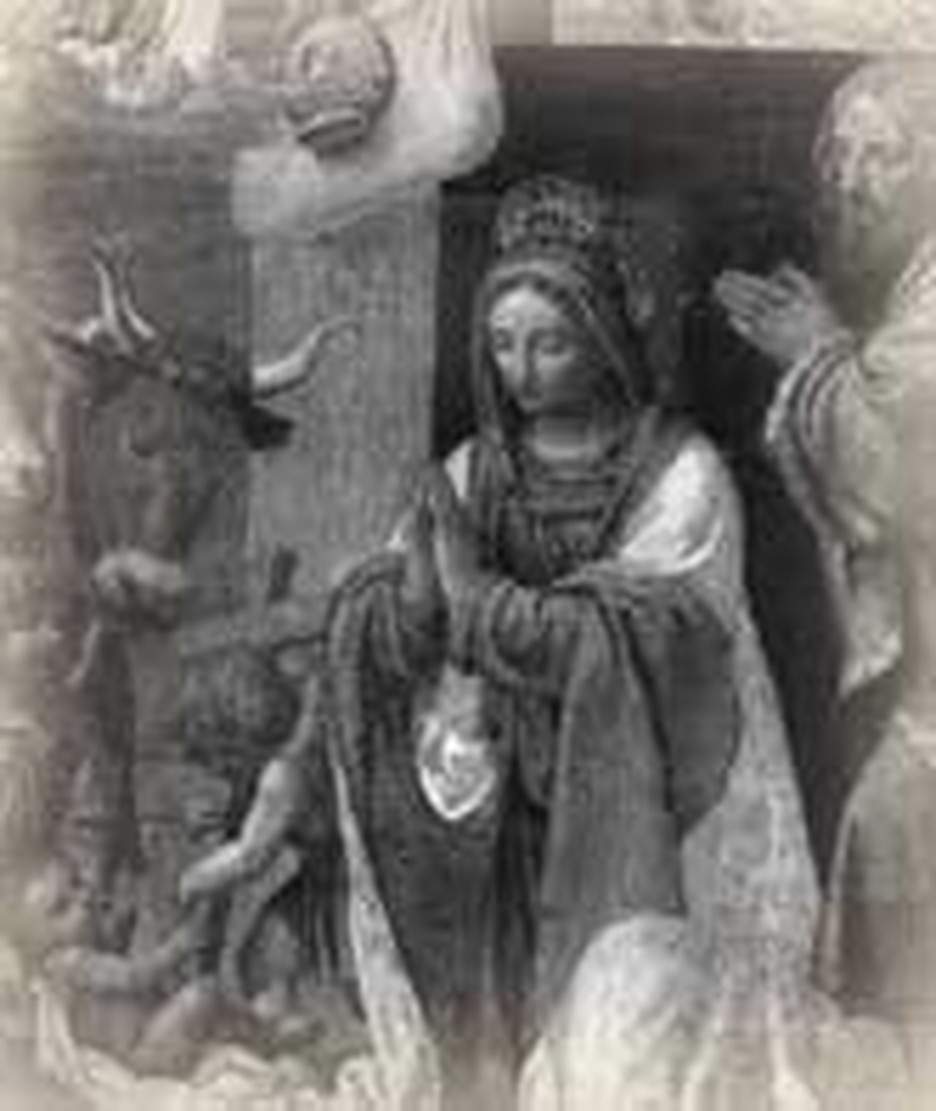
He was an illegitimate child--his mother's third. A child who might have been a casualty of abortion in today's world, grew up to have a name that will forever be associated with the Christmas season.
Students of history remember that in 1792, King Louis XVI of France went on trial for treason before the Revolutionary Convention that had replaced the French National Assembly. His head would roll the following January. But on this day, December 11, 1792, a few days before Christmas--the same day, in fact, that the French king faced his cruel judges--a much quieter event took place. Joseph Mohr was born in Salzburg.
At the time of his birth, it appeared his name would be associated with nothing but disgrace. When Franz Joseph Mohr learned he'd gotten Ann Schoiber pregnant, he fled the home and deserted the army, leaving the mother to face the music alone, including a steep fine. She was a knitter who earned little. It would have taken her a full year's wage to pay the penalty.
The town's brutal executioner stepped into the picture. He would pay the fine and become the child's godfather. He hoped by doing this to improve his own reputation. But little Joseph's life now bore another stigma: godson of the feared and hated executioner. He was banned from attending school or learning a trade, or even from holding a job.
He loved to sing. While playing on steps leading up to a Capuchin monastery, he was overheard singing by Johann Nepomuk Hiernle, a Benedictine monk and cathedral choirmaster. Hiernle thought the boy's voice so good, he could not bear to see it wasted. He found Ann Schoiber and arranged for Mohr to study with his elite group of students.
Hiernle's kindness was not wasted. Mohr proved to be an outstanding pupil and mastered the organ, violin and guitar by the time he was twelve. He always placed in the top quarter of the class. His training continued and he was ordained a priest in 1815.
Over the course of his life, he was assigned duties in many towns. But it was while he was yet a young assistant in Oberndorf that he won lasting fame. He wrote the words to a new Christmas carol and asked the church organist, Franz Gruber, to set them to music. On Christmas Eve, 1818, the two first sang what has since become the most popular Christmas carol of all time: "Silent Night, Holy Night."
"Silent Night" captures the awesome humility of a God who stooped not just to the level of mankind, but to the lowest level--born among animals and announced to common shepherds.
In his last post, at Wagrain, Mohr opened a school which took in poor children. He gave virtually his entire income to this project and died as poor as he was born. But he left us the riches of "Silent Night" which has been translated into 200 languages. Millions who have never given a thought to Louis XVI sing Joseph Mohr's words every Christmas.
Bibliography:
- Bell, Mrs. Arthur. Saints in Christian Art. London: George Bell, 1901 - 1904. Source of the image.
- Otten, Joseph. "Joseph Mohr." The Catholic Encyclopedia. New York: Robert Appleton, 1914.
- Various internet articles and items in Christmas books.
Last updated Dec. 2011


